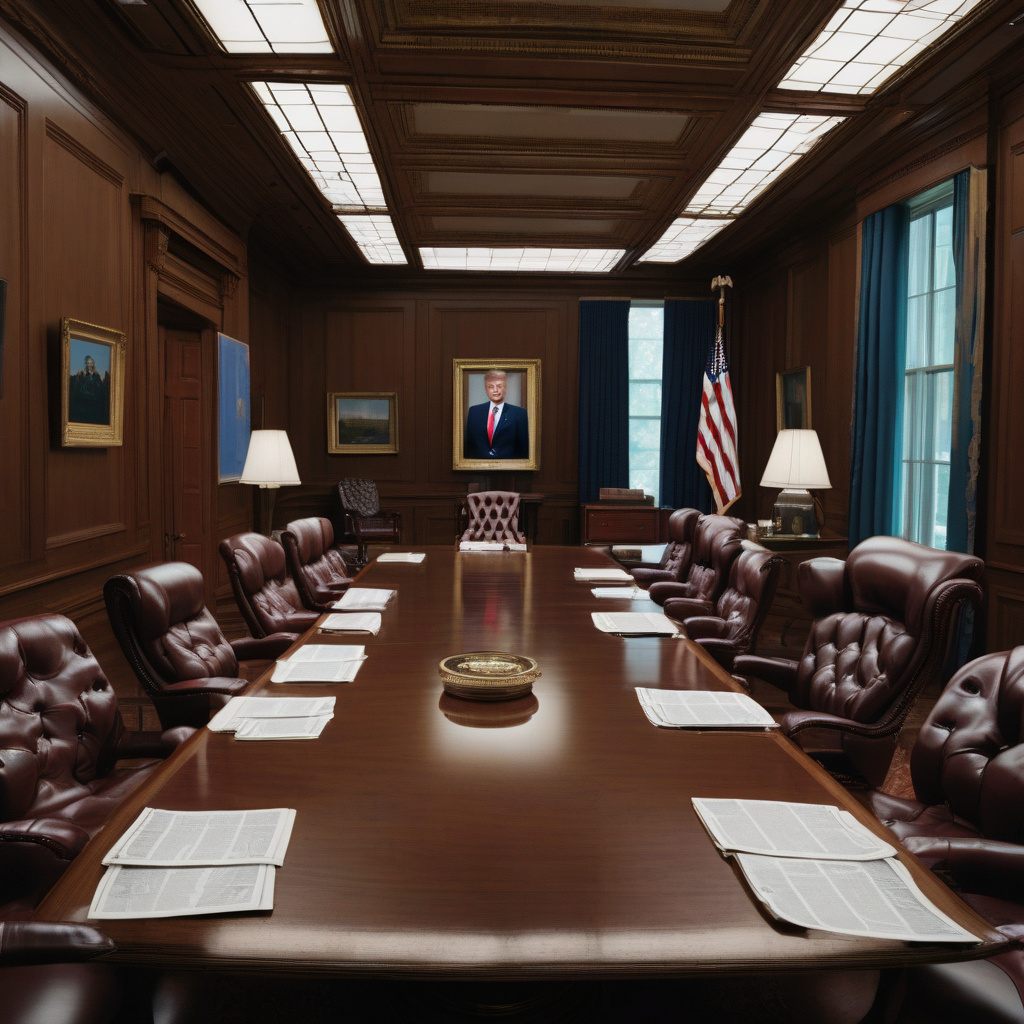Trump Administration Considers Changes to AI Chip Export Regulations
The Trump administration is considering significant changes to the current regulations surrounding the export of AI chips that were put in place during the Biden era. The existing rules, which implemented a tiered system limiting global access to US-made AI chips, may soon be replaced by a more expansive approach that involves government-to-government licensing. This potential overhaul could have far-reaching implications for the technology industry, both in the United States and abroad.
Under the current regulations, companies that produce advanced semiconductor technology, including AI chips, are required to obtain licenses for exporting their products to certain countries. These restrictions were intended to prevent sensitive technology from falling into the wrong hands and being used for malicious purposes. However, critics argue that the rules have hindered the competitiveness of US companies in the global market and stifled innovation.
The proposed changes under the Trump administration would shift towards a government-to-government licensing model, which could streamline the process for exporting AI chips to trusted allies and partners. By establishing direct agreements between governments, the new approach aims to strike a balance between national security concerns and the need to maintain a competitive edge in the rapidly evolving tech industry.
One of the key benefits of this potential overhaul is that it could facilitate the transfer of cutting-edge technology to countries that have strong diplomatic ties with the United States. By allowing for smoother collaboration on AI chip development and deployment, the new regulations could pave the way for greater innovation and mutually beneficial partnerships.
Additionally, the shift towards government-to-government licensing could help US companies expand their global reach and access new markets for their AI chip products. By reducing the bureaucratic hurdles associated with obtaining individual licenses for each export transaction, companies may be able to seize opportunities for growth and diversification more easily.
However, there are also concerns that the proposed changes could weaken the existing safeguards that are in place to protect sensitive technology. Without the stringent checks and balances provided by the current tiered system, there is a risk that AI chips could end up in the hands of entities that pose a security threat to the US and its allies.
As the debate over the potential overhaul of AI chip export regulations continues, it is clear that striking the right balance between security and innovation is crucial. Finding a solution that enables US companies to thrive in the global market while safeguarding sensitive technology will be key to shaping the future of the tech industry.
In conclusion, the Trump administration’s plans to revamp the export regulations for AI chips could mark a significant shift in how the US approaches technology exports. By moving towards a government-to-government licensing model, the administration aims to promote innovation and collaboration while ensuring that national security interests are protected. As the details of these proposed changes unfold, the tech industry will be closely watching to see how they will impact the sector as a whole.
AI chips, technology industry, export regulations, Trump administration, innovation
